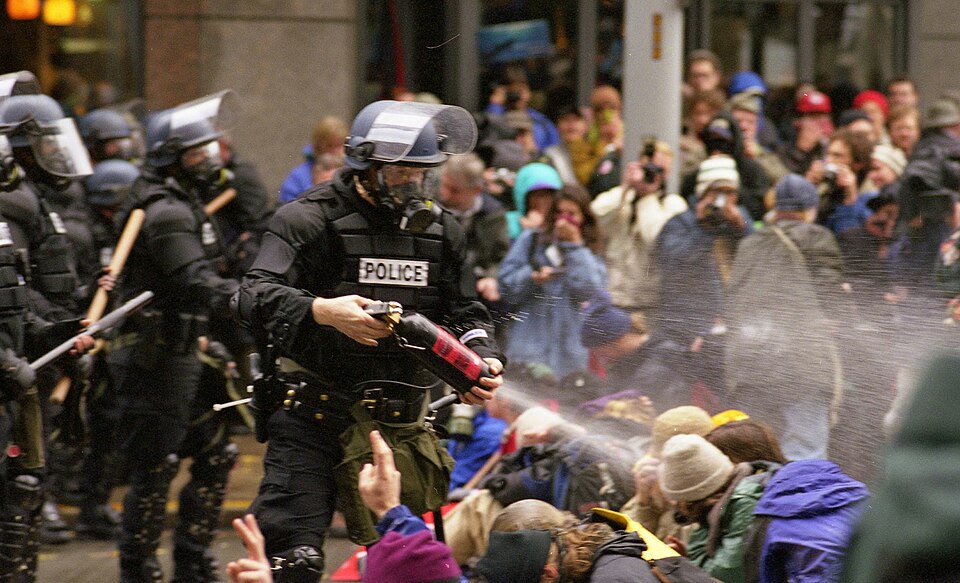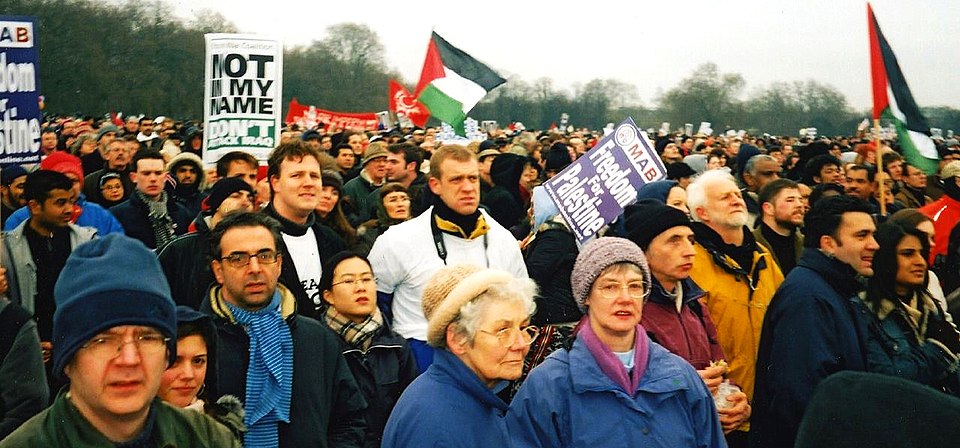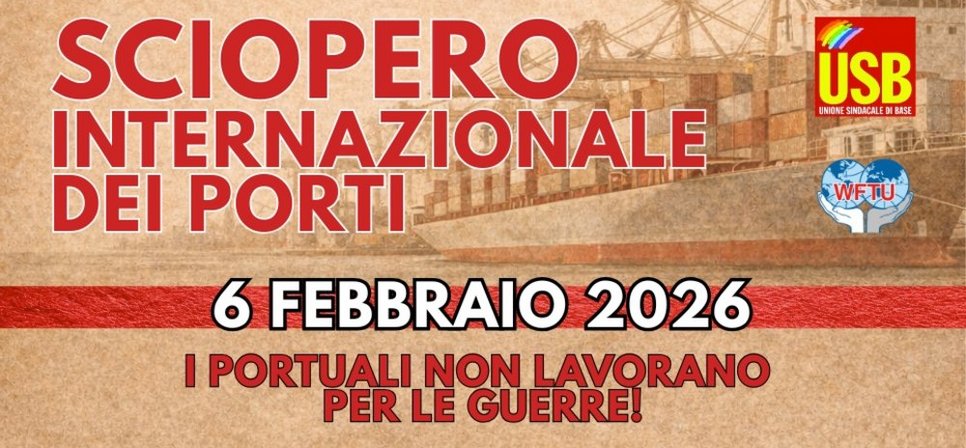On Tuesday, 30th November 1999, 30,000 people demonstrated outside the World Trade Organisation (WTO) conference in Seattle. It was not the largest demonstration ever, although it did manage to bring the conference to a halt as delegates were unable to reach the venue. Yet the protest had an importance far beyond its size. The “Battle of Seattle” is now widely seen as the birth of the international anti-capitalist movement.
The WTO symbolised a whole series of grievances raised by different activist groups. Its trade policies damaged the environment; its debt programmes reinforced post-colonial inequality; and its support for multinationals and tolerance of child labour contributed to poor wages and dire living conditions. Since the previous Friday, several campaigns had been organising demonstrations and teach-ins across the city.
Tuesday morning began with an action by a few hundred activists blocking the crossroads leading towards the conference centre. Some protestors dressed as sea turtles, referencing a WTO ruling that threatened several species with extinction. The “turtles” were joined by students, activists from the Global South, and black bloc anarchists. These relatively small gatherings were brutally attacked by police using percussion grenades, rubber bullets, and tear gas.
Across town, 25,000 workers were attending an official rally organised by the Teamsters Union, which union leaders had deliberately separated from the other protests. First small groups, then crowds, broke away from the union rally to support the demonstrators facing police violence. The police were unable to break this newly forged unity, captured in the slogan: “Teamsters and Turtles together at last.” The mayor of Seattle declared a state of emergency, and the WTO conference was shut down.
Ten years before Seattle, the fall of the Berlin Wall had led some over-eager historians to proclaim the “end of history” and the death of socialism. The Battle of Seattle lit a spark that showed history was far from over, and the Left was not dead. In the following years, tens of thousands met at World and European Social Forums, 300,000 took to the streets in Genoa, and millions mobilised against the Gulf War. What began in Seattle helped give birth to a new international movement.




